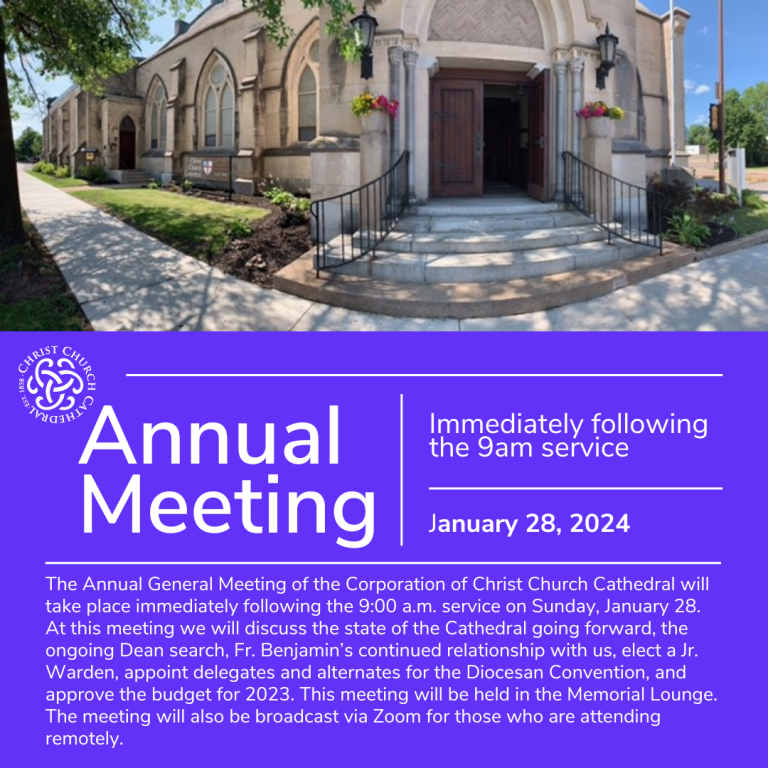Religion
Dear Sister and Brother Clergy,
I share with permission this short piece on religion written by my brother in law, Joe Justen. Joe grew up in the Lutheran Church Missouri Synod. He earned a Ph.D. in Special Education from the University of Florida and taught and involved himself in many creative projects that have helped children throughout the country with special needs.
Joe taught at the University of Missouri, University of South Alabama, and Arkansas State University before retiring. A few years ago he had a stroke that limits his mobility. He now lives with this wife, Sandra, and son, Joseph, in Puerto Escondido, Mexico which is in Oaxaca Province along the Pacific Ocean. Sandra is May Ruth’s sister.
Through the years May Ruth and I have been close to both Sandra and Joe. Sandra grew up in the Methodist Church. In January of 2018 Joe was confirmed by me through permission of the Anglican Bishop of Oaxaca at his home in Mexico. In January of this year Sandra was confirmed by me at an outdoor altar at St. John’s Episcopal Church in Tampa. May Ruth and Sandra’s parents are buried in the columbarium where the altar is. The confirmations of Sandra and Joe are recorded in the register at Christ Church Cathedral Eau Claire. Therefore, this is a writing of one of our laity!
I like the article below because it is a short, concise piece of writing that looks at our faith from the perspective of a social scientist. It helps me remember at its most basic what we are about. It also addresses how religion has adapted to human needs—an important quality we need in this time of pandemic. By the way, Joe and Sandra are most happy to be in the Episcopal Church. If you like write Joe at the email address below. I want them always to look to the Diocese of Eau Claire as their home.
Jay
Religion
Since the earliest humans walked the earth, individuals have wondered where they came from, why they’re here, and what it all means. Religion, by and large, represents society’s attempts to answer those questions. While it isn’t always able to achieve that goal, it often succeeds at providing followers with structure, a code of ethics, and a sense of purpose. The promise of an afterlife, a core tenet of most organized religions, is another key motivator for followers, as this belief serves an important psychological function.
Religious beliefs reflect our unique cognitive ability to detect agency and intention in others and, by extension, in the natural world. Early forms of religions were pantheistic, attributing to aspects of the natural world powers that we would now call supernatural. As social groups grew in complexity with the dawn of agriculture and permanent communities, religion kept pace, and it continues to do. Its rituals and beliefs foster social cohesion and group identity, if sometimes to the exclusion of others who do not share the same ideas.
Human belief in gods may have arisen when we mastered tools, gained a sense of agency, and applied that concept to the world around us, assuming that a higher power must have created it. Today, most people have an understanding of the science that powers nature, but many still maintain belief in God, a belief that, among other things, confers meaning on the world.
Some separate a commitment to organized religion from participation in personal spiritual practice, favoring the latter. But a persuasive body of research finds that religious belief and participation can help people cope with stress, and that many reap significant benefits from the social support of a religious community. There can be a downside if strict beliefs foster shame and guilt..
Spiritual beliefs can be beneficial for a person’s health, increasing their optimism while decreasing their risk of depression, drug abuse, suicide, and risky behaviors. Belief can bring together people who share the same values, giving them a sense of belonging and greater social support. In addition, many religious organizations support health-based initiatives, such as healthy eating, regular exercise, and stress reduction, that have a positive impact on their communities.
Belief can give people comfort during hard times, especially when they experience profound loss. It provides purpose and an anchor for morality, which acts as a deterrent to crime. Religious belief can be a boon to parents as well, as it can inspire children to be more giving: Compared to agnostic or atheist peers, religious youth are much more likely to be involved in community outreach such as volunteering, and overwhelmingly more likely to cite forgiveness as a value they endorse.
In studies of people at the highest risk for depression, because of having parents with depression or having had earlier episodes of depression themselves, religiosity was found to significantly limit the condition’s onset or recurrence.
Even the most primitive people had some form of religion and God.


